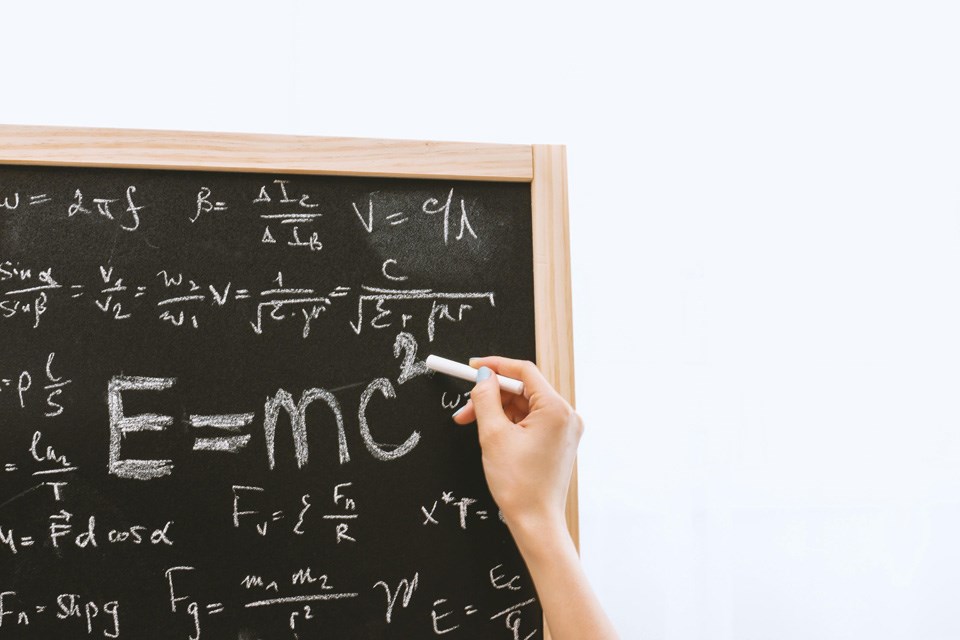Greetings from Terminal 4 at JFK. I'm on my way to keynote about AI at the NHL Club Business Meetings in Seattle.
In the news: Both OpenAI and Google DeepMind announced gold-medal performances at the 2025 International Math Olympiad (IMO) this week, correctly answering five out of six questions in one of the world's most challenging high school math competitions. The achievement marks a significant leap from Google's silver-medal performance last year and represents the first time AI systems competed using "informal" methods (processing questions in natural language) rather than requiring human translation into machine-readable code.
There was a kerfuffle regarding OpenAI's claim. Google's results were graded by the official scoring committee; OpenAI graded its own work using its own team. The IMO is a high school math contest, so everyone involved is acting like high schoolers. You can read about who "dipped below the hard deck" on social media; I won't cover it here.
Both companies claim these performances represent breakthroughs in AI reasoning for "non-verifiable domains." Current AI models excel at problems with clear answers such as coding tasks, simple math and factual questions. They struggle with ambiguous solutions like buying great clothes or choosing from multiple valid approaches.
Math competitions bridge this gap. While final answers can be verified, the path requires creative problem-solving, pattern recognition, and multi-step reasoning that can't be checked at each stage. Success here suggests that these AI systems are developing sophisticated reasoning capabilities that could apply to business strategy, creative problem-solving, and complex analysis.
OpenAI's early lead has narrowed. Google, Anthropic, DeepMind, and others have closed the capability gap. While two models independently achieving the same milestone within days of each other is just a single proof point, the race is clearly tightening.
Competition benefits everyone. Rapid advancement means more capable models and expanding use cases. The challenge is keeping up and understanding when new capabilities become practical.
Math competition performance might seem academic, but it signals AI systems developing the complex reasoning needed for strategic analysis, research synthesis, and multi-variable problem-solving. The same AI that earned gold medals could soon analyze market trends, evaluate strategic options, or conduct competitive intelligence with similar sophistication. The math camp trophy may be symbolic, but the implications are entirely real.
As always, your thoughts and comments are both welcome and encouraged. -s
About Shelly Palmer
Shelly Palmer is the Professor of Advanced Media in Residence at Syracuse University’s S.I. Newhouse School of Public Communications and CEO of The Palmer Group, a consulting practice that helps Fortune 500 companies with technology, media and marketing. Named LinkedIn’s “Top Voice in Technology,” he covers tech and business for Good Day New York, is a regular commentator on CNN and writes a popular daily business blog. He's a bestselling author, and the creator of the popular, free online course, Generative AI for Execs. Follow @shellypalmer or visit shellypalmer.com.




